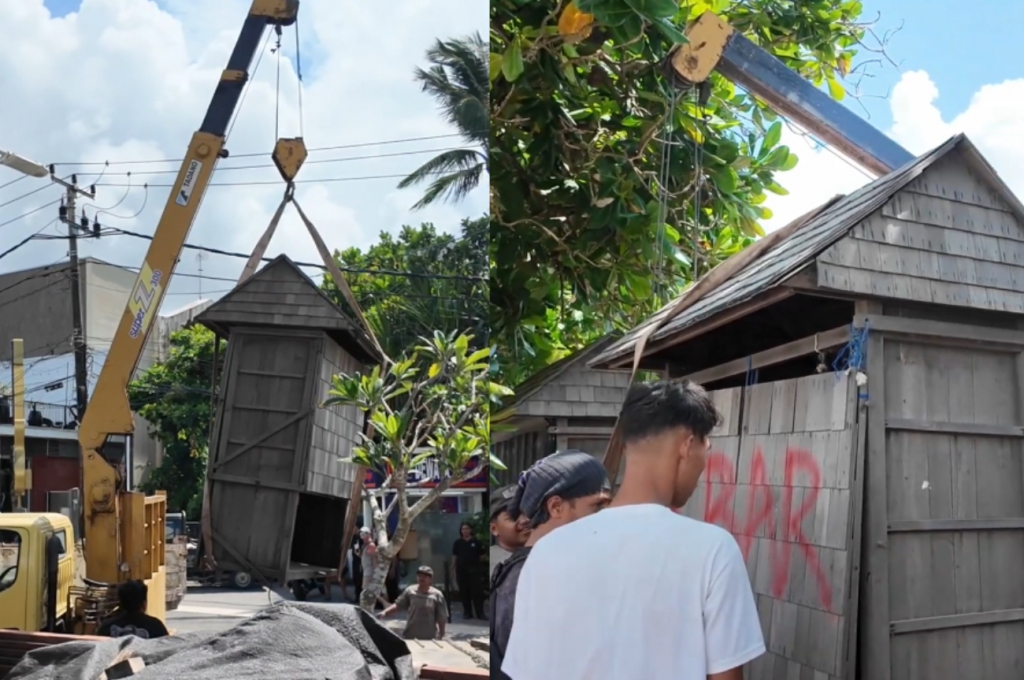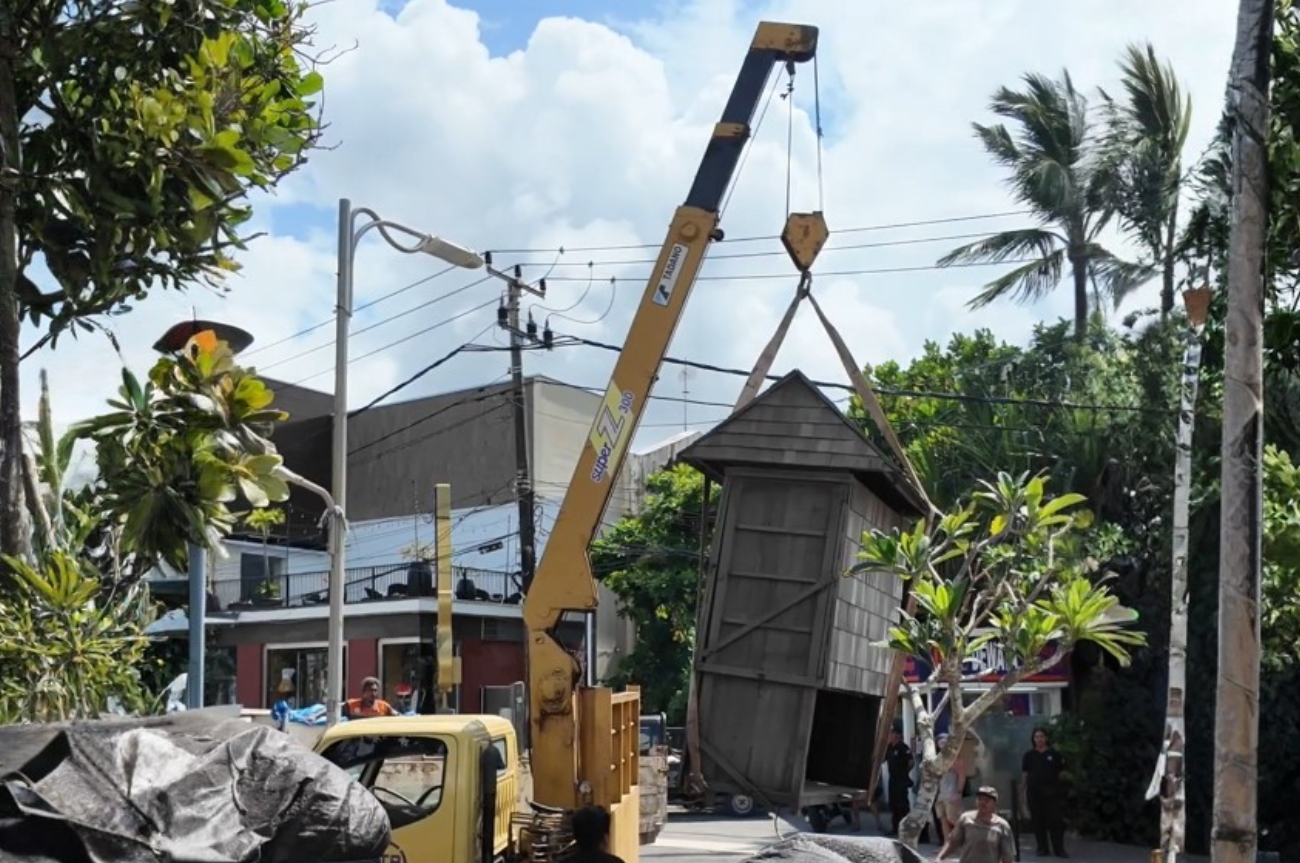
Hi, I’m Jason, a Business Journalist at Bukit Vista, and today I’m reporting on a sensitive yet pivotal development unfolding in one of Bali’s most iconic areas, Kuta. Drawing insights from Bali Business Review by Jing Cho Yang, we’ll explore the ongoing wave of small vendor evictions that’s quietly reshaping the socio-economic fabric of this historic district.
For decades, Kuta’s vibrant streets and humble stalls have symbolized the heart of Balinese entrepreneurship where local families turned simple kiosks into community landmarks. But now, as redevelopment plans accelerate, these familiar scenes are rapidly disappearing.
The question we face is more than just urban renewal. It’s about what kind of future Kuta is building. Is this transformation paving the way for sustainable progress, or are we witnessing the quiet fading of grassroots culture beneath the pressures of modernization?
What’s Happening in Kuta?

In a dramatic shift, numerous small-scale vendors and stall owners in Kuta are being evicted from areas they’ve occupied for years. These stalls, often run by local families, serve everything from handcrafted souvenirs and cold drinks to street food that feeds the pulse of Bali’s everyday culture. The evictions have sparked concern not only for the immediate livelihoods of these business owners but also for the future development plans unfolding in this iconic region.
Why This Matters: Socio-Economic Ramifications

The implications of these evictions extend far beyond individual losses. At its core, this issue reflects broader tensions within Bali’s evolving economy and raises several critical questions:
- Displacement of Local Enterprises: Many of these stalls are owned by Balinese families who have depended on them for generations. Their eviction could mean a reduction in grassroots economic activity.
- Tourism Experience Transformation: The unique charm of Kuta lies in its authenticity. Replacing these local stalls with homogenized, high-end commercial developments may change how tourists engage with the region.
- Real Estate Pressures: Rising land value and development interests appear to be a driving force. This highlights the increasing competitiveness in Bali’s real estate market, possibly at the cost of cultural preservation.
Looking Ahead: What Could the Future Hold?

Kuta has historically been a tourism hub, flourishing with an organic blend of global visitors and local entrepreneurs. However, the current wave of evictions suggests a pivot towards larger-scale redevelopment. So, what can we expect next?
Scenario 1: Globalized Redesign
Kuta could be remodeled into a more globalized, “sanitized” tourist district—think modern shopping centers, international franchises, and luxury boutiques. While this might attract higher-spending demographics, it may also alienate travelers seeking authentic Balinese culture.
Scenario 2: Economic Segmentation
The local economy could see a division where only large-scale operators thrive, leading to fewer opportunities for micro-entrepreneurs. This could deepen social inequality and increase dependence on formal employment by global brands.
Scenario 3: Cultural Backlash and Activism
If these transformations continue without community consent, it might spark local protests, grassroots movements, or stronger lobbying for cultural and economic preservation.
Is This a Bali-Wide Trend?

Kuta’s eviction situation echoes similar development patterns seen in other parts of Bali, including Canggu and Uluwatu. These areas have also faced issues around land use, zoning, and displacement—signaling a broader reconfiguration of how Bali is positioned on the global map.
The core question remains: How can Bali balance economic development with cultural heritage and local livelihood preservation?
Final Thoughts
As evictions continue to reshape the landscape in Kuta, the consequences will undoubtedly ripple across Bali’s socio-economic fabric. Whether this leads to greater modernization or an erosion of cultural identity will depend largely on policy decisions, investor interests, and local community responses in the coming months.
To stay informed and deeply connected to these pivotal changes, we strongly encourage you to follow our ongoing video coverage. Watch the full discussion here and subscribe to Bali Business Review for more critical analysis on the future of Bali:
Jason, Business Journalist at Bukit Vista.
Take the First Step to Joining Our Community, Book Your Seat at Our Round Table Talk Today!
At Bukit Vista, we believe in creating lasting partnerships that help nagivate your property to the top 1% in this competitive season. Join us to discover how we can work together.
